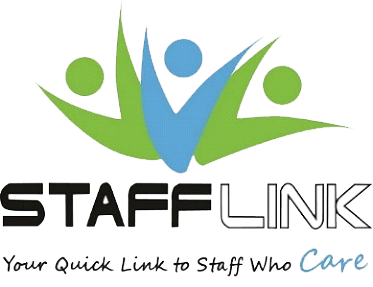Nutrition Recommendations for Older Adults

Guest Article by Brooke Grubb MS, RD, LD, Supervisor of Food and Nutrition Services at Aging Ahead
The field of nutrition to some can feel ever-changing, inconsistent, and an area in which there are many opinions, but not as many experts. As a registered dietitian, I aim to help clients navigate this field in ways that benefit them best. From medical nutrition therapy, to nutrition counseling, to information on products and supplements, dietitians are a vital source in providing information to the community based in evidence-based practices as well as counseling that is rooted in active listening and manageable solutions.
A few things we are certain of is that nutrition needs, in several aspects, change with age. This can especially be true for those who have conditions that are directly affected by diet, such as diabetes or kidney disease. While all nutrition rules do not apply to everyone, below are some general points regarding nutrition and aging that may be helpful to you, a family member, neighbor, friend, or client.
Body composition changes with aging
Over time, aging adults can expect a decrease in muscle mass, a slight increase in fat stores, and less calcium reabsorption, which affects bone strength. Exercise is one of the best practices for maintaining bone and muscle mass, which helps promote immune health and prevents falls. Additionally, consuming an adequate amount of protein and vitamin and mineral rich foods can add to this benefit. Using a protein-rich supplement or taking a calcium supplement may be needed if you feel that it is difficult to meet your needs. According to the National Osteoporosis Foundation, women 50 years of age or older and men 70 years of age or older should aim for 1,200 milligrams of calcium per day. Fortified dairy, dark leafy greens, and fortified grains are highest in calcium.
Changes in chewing and swallowing can impact diet
Conditions such as stroke, Parkinson’s disease, and Alzheimer’s can affect how one chews and swallows. Tooth loss or brittle and broken or painful teeth can also affect diet. Pay attention to how you or your loved one is chewing and swallowing. If you witness choking, coughing with bites, chewing on one side, complaints of pain with chewing, or decreased appetite due to chewing or swallowing problems, seek a dentist or physician who may refer you to a speech therapist. Modified foods that need to be pureed or mechanically chopped may be less appetizing. Adding sauces, condiments, gravies, or other liquids like broth to foods to soften them and increase palatability can help those with chewing and swallowing problems enjoy their foods that may need to be specially made to fit their needs. Additionally, nutrition supplement drinks may be needed between meals to help with meeting calorie and protein needs.
Access to food
Older adults may be faced with several challenges that may affect their access to nutritious foods. Decrease in income or having a fixed income that prevents them from purchasing the groceries they need, decreased dexterity or vision that may lead to inability to prepare meals, or loss of transportation to a grocery store may all affect access to foods. Solutions to these problems are specific to the individual and must be considered. Having snacks and meals that require minimal preparation, using a meal kit or grocery delivery service, or using food assistance programs such as SNAP may help. Caregiver services that include grocery pick up or vouchers for public transportation may also be creative solutions to improving access to nutritious food.
At Aging Ahead, we provide a variety of nutrition services to help combat some of these issues for older adults in our community. We provide nutritious meals five days per week to individuals 60 and older in the St. Louis County, St. Charles County, Franklin County, and Jefferson County areas. Additionally, we organize community programs and events, provide helpful information, such as quarterly nutrition education, local resources, and other programs available to older adults. As a registered dietitian, I provide support through one-on-one nutrition counseling to our clients. For more information, please call (636) 207-0847 or visit www.agingahead.org. We’d be happy to direct you to your local Aging Ahead location to provide services.

Brooke Grubb MS, RD, LD
Aging Ahead
14535 Manchester Rd
Ballwin, MO 63011
- Fourteen (14) Spring-break Activities for Seniors and Caregivers - March 28, 2024
- It’s Our Birthday! StaffLink Is 37 Years Old! - March 21, 2024
- Eight (8) Home Care Trends for 2024 - February 22, 2024
